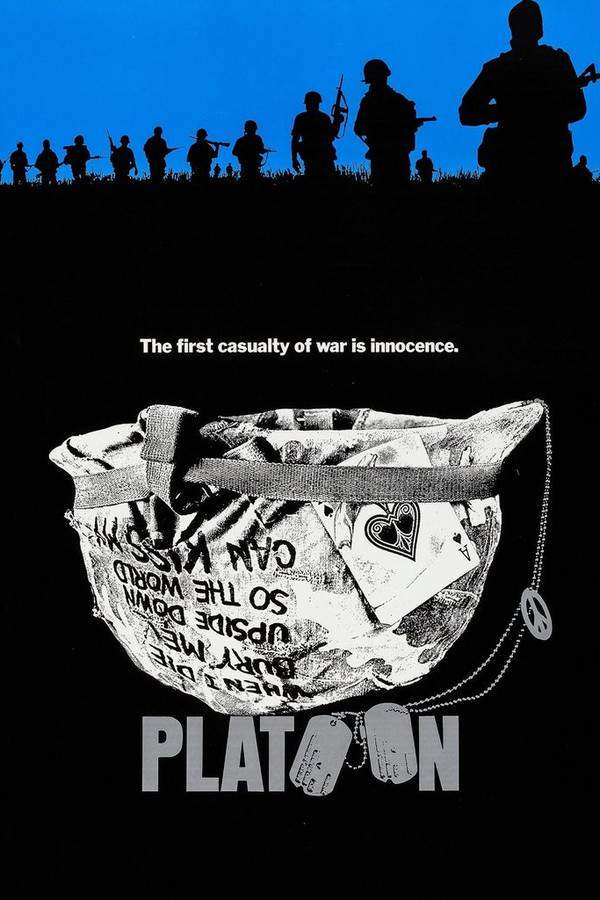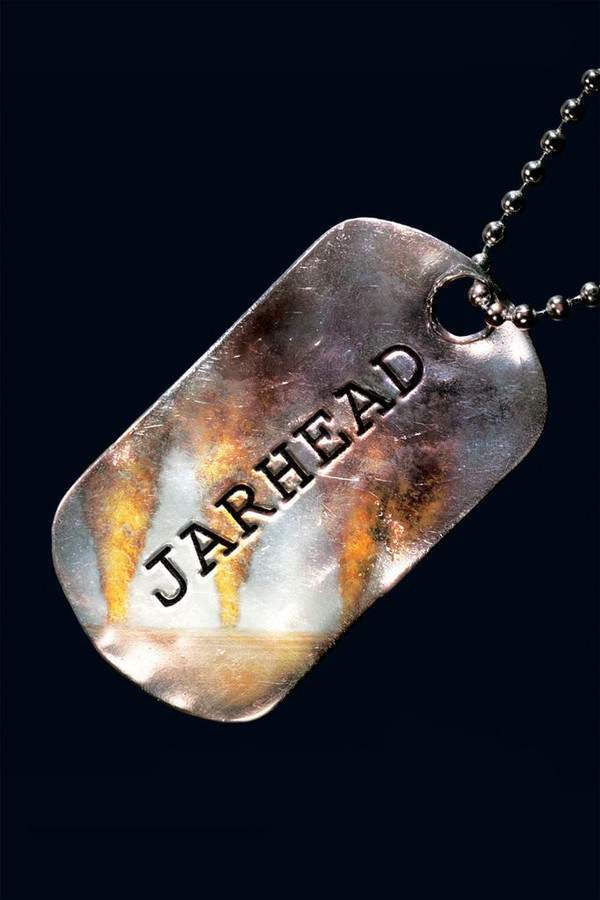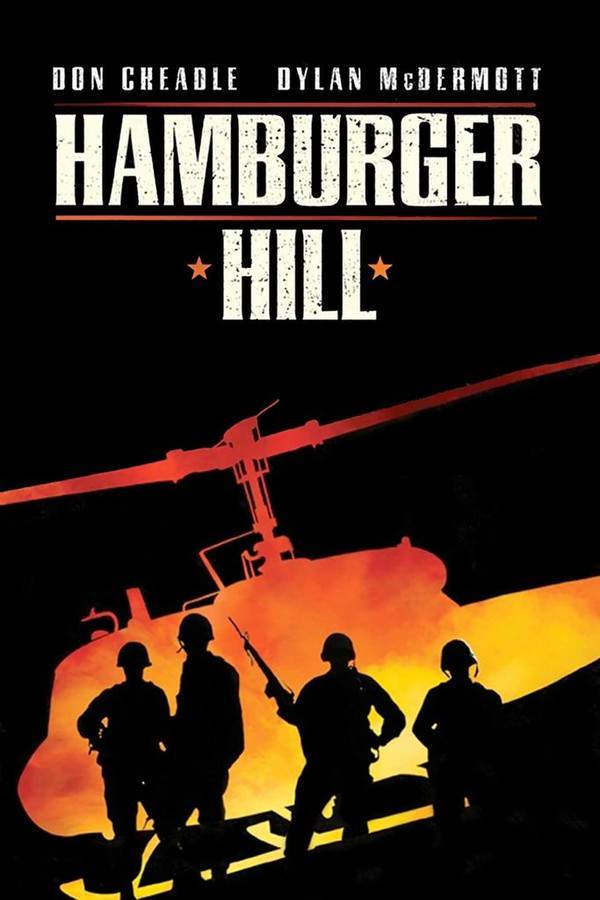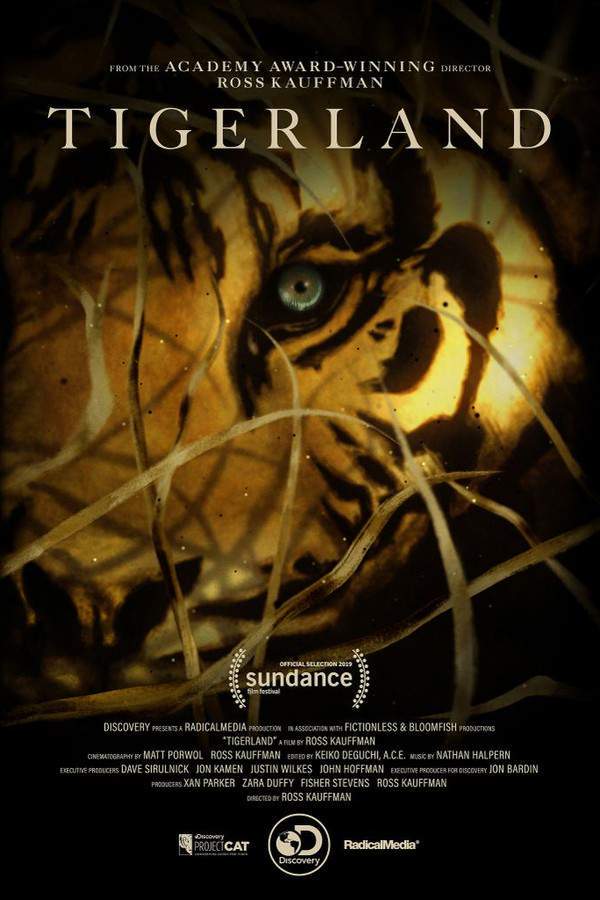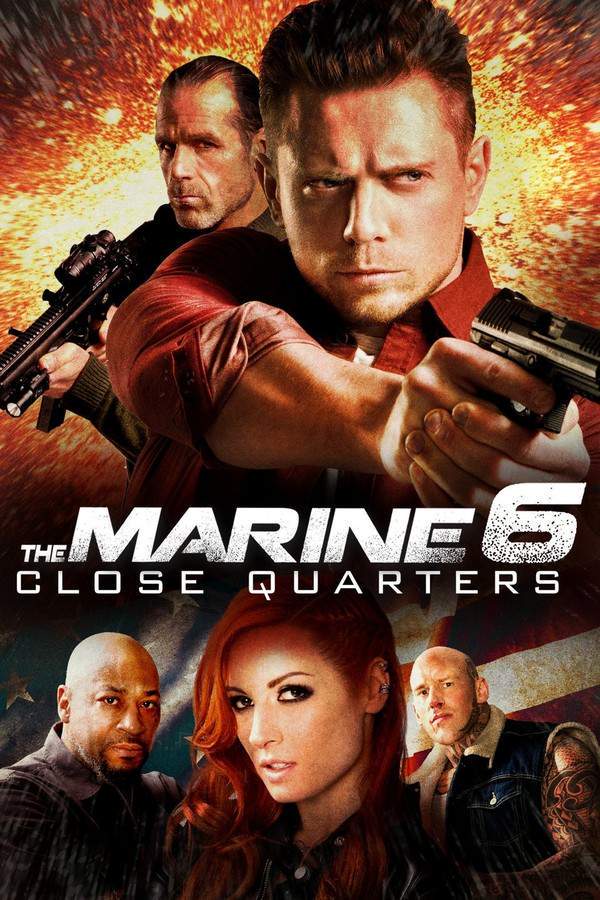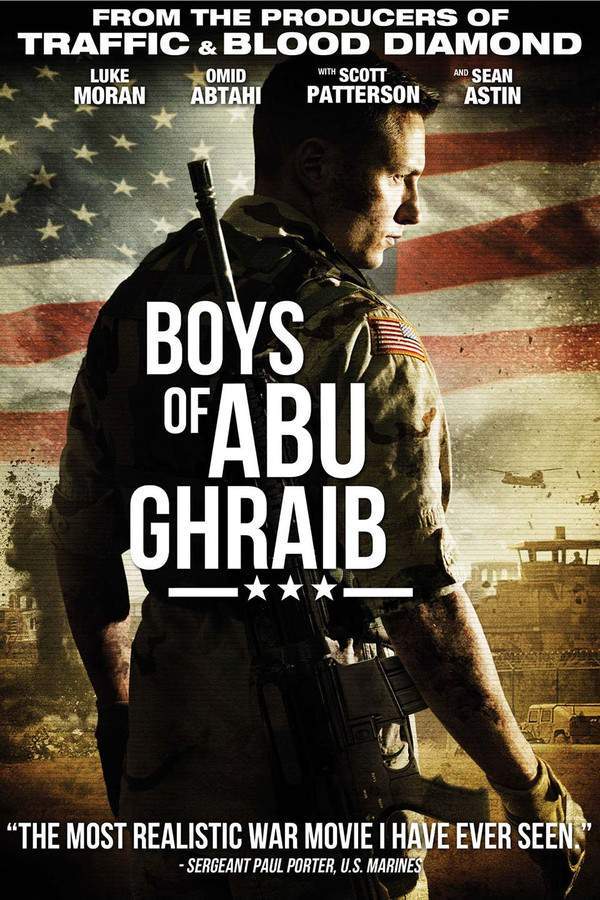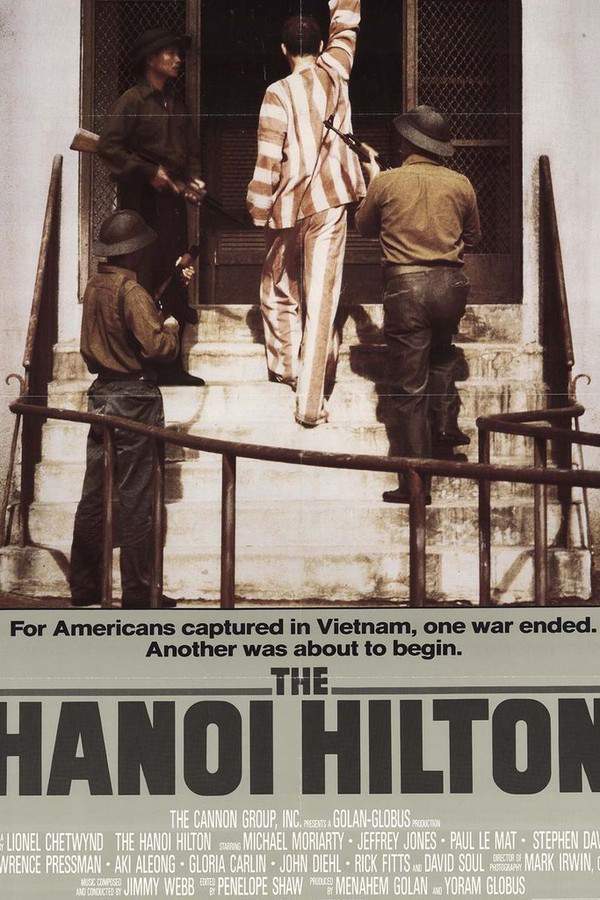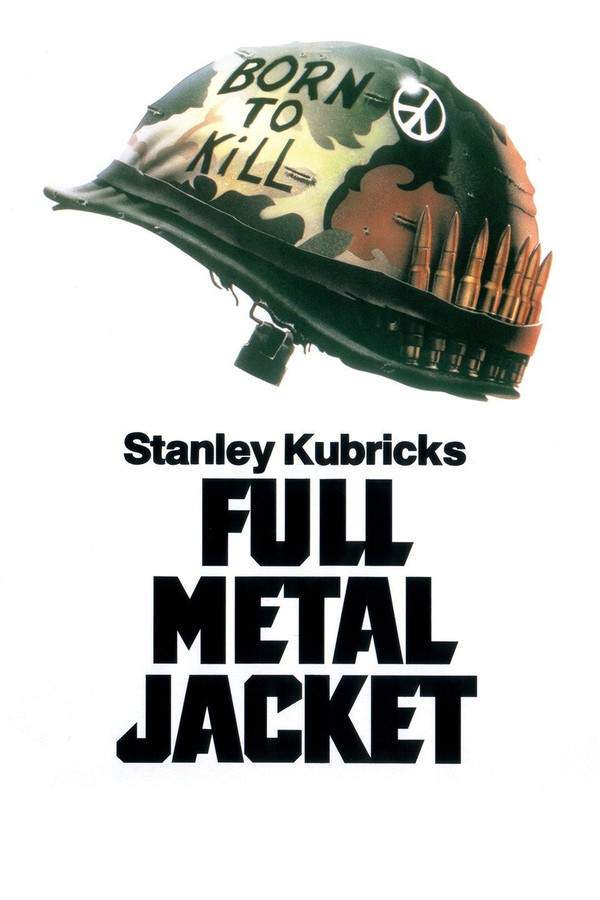
Full Metal Jacket 1987
Directed by

Stanley Kubrick
Made by

Warner Bros. Pictures
Test your knowledge of Full Metal Jacket with our quiz!
Full Metal Jacket Plot Summary
Read the complete plot summary and ending explained for Full Metal Jacket (1987). From turning points to emotional moments, uncover what really happened and why it matters.
In 1967, amidst the tumult of the Vietnam War, a fresh group of recruits from the United States Marine Corps arrives at Parris Island to undergo rigorous basic training. Upon having their heads shaved, they are introduced to their fierce Senior Drill Instructor, Gunnery Sergeant Hartman (R. Lee Ermey), who uses extreme methods to mold the recruits into battle-ready Marines. Among these recruits are Privates “Joker” (Matthew Modine), “Cowboy” (Arliss Howard), and the corpulent, clumsy Leonard Lawrence (Vincent D’Onofrio), who earns the mocking moniker of “Gomer Pyle” as he consistently incurs Hartman’s wrath.
Despite the harsh discipline imposed by Hartman, Pyle struggles to adapt, eventually being paired with Joker. With Joker’s assistance, Pyle shows some improvement; however, his progress is abruptly interrupted when Hartman discovers a contraband jelly doughnut stashed in Pyle’s footlocker. Viewing this as a major failure, Hartman implements a brutal collective punishment system—every blunder Pyle makes results in punishment for the entire platoon, while Pyle himself is spared. This leads to the platoon enacting a harsh hazing ritual, known as a blanket party, where they restrain Pyle and beat him with bars of soap wrapped in towels. Following this harrowing experience, Pyle undergoes a dramatic transformation and becomes a model Marine. While this impresses Hartman, it raises alarm bells for Joker, who observes troubling signs of Pyle’s mental decline, notably his bizarre behavior of talking to his M14 rifle.
After the recruits graduate, they receive their Military Occupational Specialty assignments, and Joker is designated as a Basic Military Journalist. On their final night at Parris Island, Joker encounters Pyle in the bathroom, where he is loading his rifle. Joker’s attempts to soothe Pyle are in vain as Pyle begins to execute drill commands and recites the Rifleman’s Creed. The ensuing chaos awakens the platoon and Hartman, leading to a tragic confrontation. In a shocking turn of events, Pyle shoots Hartman dead before turning the weapon on himself.
Fast forward to January 1968, and we find Joker, now a Sergeant, serving as a Marine War correspondent in Vietnam for Stars and Stripes, alongside Private First Class Rafterman (Kevyn Major Howard), a keen combat photographer eager to experience the thick of battle. At the Marine base, Joker faces ridicule for his lack of the thousand-yard stare, a stark indicator of someone who has not seen war. Their routine is shattered with the onset of the Tet Offensive, as the North Vietnamese Army intensifies its assault on the base.
The following day, journalists receive updates regarding enemy advances across South Vietnam, and Joker is dispatched to Phu Bai, accompanied by Rafterman. There, they rendezvous with the Lusthog Squad, where Cowboy has now advanced to the rank of Sergeant. During the intense Battle of Hue, Joker witnesses horror as platoon leader “Touchdown” (Ed O’Ross) is killed in action. Once the area is secured by US Marines, American news personnel enter Hue, questioning Marines about their experiences and views regarding the war.
During a tense patrol, Crazy Earl (Kieron Jecchinis), the squad leader, falls victim to a booby trap, leaving Cowboy in command. As they navigate murky terrain, Cowboy orders Eightball (Dorian Harewood) to scout ahead. However, tragedy strikes as a Viet Cong sniper injures Eightball, prompting squad medic Doc Jay (John Stafford) to break rank and provide aid, only to be wounded himself. Cowboy learns that tank support is unavailable, prompting a call for withdrawal. In a moment of insubordination, Animal Mother (Adam Baldwin) disregards Cowboy’s orders and attempts a rescue of the wounded men.
Despite identifying only one sniper in the vicinity, disaster ensues as both Doc Jay and Eightball lose their lives during the confrontation. As Cowboy leads an assault on the sniper’s position, Joker finds himself face-to-face with the enemy—a teenage girl. As his rifle jams, he inadvertently alerts her to his presence, but Rafterman comes to the rescue, fatally wounding her. With the squadnow united, they stand over the wounded sniper, who begs for a merciful death, igniting a moral debate among the Marines. In a moment fraught with hesitation, Joker ultimately pulls the trigger.
The Marines, now congratulating him on his “kill,” march back toward camp, singing the Mickey Mouse March. Reflecting on his experiences, Joker muses that even while being “in a world of shit,” he is relieved to be alive and unshackled by fear.
Full Metal Jacket Timeline
Follow the complete movie timeline of Full Metal Jacket (1987) with every major event in chronological order. Great for understanding complex plots and story progression.
Arrival at Parris Island
In 1967, a new group of recruits arrives at the United States Marine Corps training facility at Parris Island. They are immediately met with the intensity of military life, setting the tone for their upcoming challenges.
Introduction to Gunnery Sergeant Hartman
The recruits are introduced to Gunnery Sergeant Hartman, their Senior Drill Instructor. Hartman employs extreme and harsh methods to mold the young men into battle-ready Marines, igniting fear and discipline within the ranks.
Pyle's Struggles Begin
Among the recruits, Leonard Lawrence, nicknamed 'Gomer Pyle,' struggles to adapt to the rigorous training. His clumsiness draws Hartman's ire, which only exacerbates his difficulties and leads to further ridicule from fellow recruits.
Collective Punishments Commence
After Hartman finds a contraband jelly doughnut in Pyle's locker, he enacts brutal collective punishments for the platoon. This punishes the entire group for Pyle's mistakes, deepening the rift between Pyle and his fellow Marines.
The Blanket Party
In response to the collective punishments, the platoon conducts a hazing ritual known as a 'blanket party.' They restrain Pyle and beat him with bars of soap wrapped in towels, further alienating him from the group.
Pyle's Transformation
Following the harrowing hazing experience, Pyle undergoes a dramatic transformation and becomes a model Marine, impressing Hartman. However, Joker begins to notice alarming signs of Pyle's deteriorating mental health.
Tragic Confrontation
On their final night at Parris Island, Joker encounters Pyle in the bathroom, where Pyle behaves erratically and prepares his rifle. This culminates in a tragic confrontation where Pyle shoots Hartman and then takes his own life.
Joker Becomes a War Correspondent
Fast forwarding to January 1968, Joker has become a Sergeant and a Marine War correspondent in Vietnam. He now works alongside Rafterman, who seeks to capture the gruesome reality of war through photography.
The Tet Offensive
As the Tet Offensive begins, North Vietnamese forces increase their assaults on Marine bases, including the one where Joker is stationed. This escalates the tension and urgency among the Marines on the ground.
Deployment to Phu Bai
Following reports of enemy advances, Joker and Rafterman are deployed to Phu Bai to join the Lusthog Squad. Here, they reconnect with Cowboy, who has risen to the rank of Sergeant within the squad.
The Battle of Hue
During the intense Battle of Hue, Joker witnesses the death of platoon leader Touchdown. The brutal realities of combat challenge Joker's and Rafterman's perceptions of war and heroism.
Tragedy on Patrol
While on patrol, Cowboy takes command after Crazy Earl is killed by a booby trap. The squad faces increasing danger as they navigate the treacherous combat environment in search of safety.
Confronting the Sniper
In a tense encounter, Joker faces a Viet Cong sniper and risks his life as his rifle jams. Rafterman intervenes, killing the sniper, and the incident sparks a moral debate about the value of life and death among the Marines.
The Dilemma of Mercy
After subduing the wounded sniper, Joker is confronted with a moral dilemma as she begs for a merciful end. Ultimately, he decides to pull the trigger, reflecting on the harsh realities of war and the weight of his actions.
Return to Camp
As the surviving Marines march back toward camp, they sing the Mickey Mouse March, juxtaposing the innocence of their childhood with the brutality of their experiences. Joker reflects on the terror faced but finds solace in being alive.
Full Metal Jacket Characters
Explore all characters from Full Metal Jacket (1987). Get detailed profiles with their roles, arcs, and key relationships explained.
Gunnery Sergeant Hartman (R. Lee Ermey)
Hartman is a no-nonsense, tough-as-nails drill instructor whose extreme training methods shape the recruits into Marines. His authoritarian demeanor instills fear and discipline, but it also highlights the inhumane aspects of military training. Hartman's character serves as a pivotal force in the transformation of the recruits, particularly Leonard Pyle.
Private 'Joker' (Matthew Modine)
Joker is a complex character who serves as the film's moral center. As an aspiring journalist, he struggles with the absurdities of war while trying to balance his duties as a Marine. Joker's journey reveals his internal conflict and evolving perspectives on violence, death, and survival amidst chaos.
Private 'Gomer Pyle' (Leonard Lawrence, Vincent D'Onofrio)
Pyle starts as an awkward recruit who faces relentless bullying during training. His character arc from clumsy recruit to tragic figure encapsulates the impact of harsh military culture and mental breakdown. Pyle's transformation highlights both the potential for personal growth under pressure and the dangers of psychic strain during war.
Full Metal Jacket Settings
Learn where and when Full Metal Jacket (1987) takes place. Explore the film’s settings, era, and how they shape the narrative.
Time period
1967-1968
The movie takes place during the tumultuous years of the Vietnam War, specifically from 1967 to early 1968. This period is marked by significant military engagements and intense media coverage, highlighting the psychological and physical impact of war on soldiers. The Tet Offensive, a large-scale surprise attack by North Vietnamese forces, altered public perception of the war and intensified battles.
Location
Parris Island, Vietnam, Phu Bai, South Vietnam
Parris Island is a United States Marine Corps training facility known for its rigorous boot camp training. This is where recruits face extreme physical and mental challenges to prepare for military service. Meanwhile, Vietnam, particularly during the Tet Offensive, represents the chaotic and violent backdrop of the Vietnam War, showcasing the struggles and horrors faced by soldiers during conflicts.
Full Metal Jacket Themes
Discover the main themes in Full Metal Jacket (1987). Analyze the deeper meanings, emotional layers, and social commentary behind the film.
💔
Psychological Trauma
The theme of psychological trauma is central to the narrative, especially showcased through the character of Leonard Lawrence, aka 'Gomer Pyle.' His transformation from a struggling recruit to a tragic figure reflects the devastating mental toll war can take. The experiences of Joker and his comrades further illustrate how the horrors of combat leave lasting scars on their psyche.
🔫
Survival
Survival is a prominent theme throughout 'Full Metal Jacket,' illustrated by the grueling training recruits endure and later during their harrowing experiences in the Vietnam War. As the characters face life-or-death situations, their instincts and moral decisions are put to the test. The quest for survival transforms their relationships and challenges their values.
⚔️
War's Brutality
The film starkly portrays the brutality of war, highlighting not only the physical dangers faced by soldiers but also the moral dilemmas they encounter. Characters navigate complex situations that blur the lines between right and wrong, showcasing the grim realities of combat. This theme invites viewers to contemplate the costs of warfare on both a personal and societal level.

Coming soon on iOS and Android
The Plot Explained Mobile App
From blockbusters to hidden gems — dive into movie stories anytime, anywhere. Save your favorites, discover plots faster, and never miss a twist again.
Sign up to be the first to know when we launch. Your email stays private — always.
Full Metal Jacket Spoiler-Free Summary
Discover the spoiler-free summary of Full Metal Jacket (1987). Get a concise overview without any spoilers.
In the waning days of the 1960s, a film opens on a sun‑blasted Marine recruit depot, where the clang of rifles and the roar of shouted commands blend with the distant buzz of a war that is already reshaping a continent. The atmosphere is both claustrophobic and hyper‑real, a study in how institutions forge identity under pressure, while a parallel world of jungle‑dense Vietnam looms, promising a stark shift from disciplined routine to chaotic combat. Stanley Kubrick’s visual style renders every trench, hallway and battlefield with a precise, almost clinical eye, turning the ordinary into something unsettlingly beautiful and unnerving.
Within this crucible, a weary‑eyed recruit known as Joker navigates the absurdities of basic training with a sardonic humor that masks a deeper curiosity about the war’s meaning. He is partnered with the hulking, well‑meaning Gomer Pyle, whose earnest attempts to fit in often clash with the relentless expectations of the Marine Corps. Overseeing them is the formidable drill instructor Hartman, a figure whose uncompromising presence embodies the harsh reality of turning civilians into soldiers, demanding conformity while quietly exposing each man’s hidden vulnerabilities.
As the boot‑camp chapter gives way to the broader theater of conflict, Joker finds himself reassigned as a war correspondent, tasked with observing and recording the very combat he once trained to fight. This shift thrusts him from the regimented order of the training grounds into the unpredictable, smoke‑filled streets of a foreign land, where the line between observer and participant blurs. The film’s tone remains unflinching, mixing stark realism with an undercurrent of black‑humored satire that questions the very nature of war, duty, and the thin veneer of civilization.
Through its two‑part structure, the movie paints a portrait of young men caught between the rigid demands of an institution and the chaotic surge of a distant war, leaving the audience to grapple with the uneasy balance of innocence lost and the relentless march of history.
Can’t find your movie? Request a summary here.
Movies with Similar Twists and Themes
Uncover films that echo the narrative beats, emotional arcs, or dramatic twists of the one you're exploring. These recommendations are handpicked based on story depth, thematic resonance, and spoiler-worthy moments — perfect for fans who crave more of the same intrigue.
Featured on this page

What's After the Movie?
Not sure whether to stay after the credits? Find out!
Explore Our Movie Platform
New Movie Releases (2026)
Famous Movie Actors
Top Film Production Studios
Movie Plot Summaries & Endings
Major Movie Awards & Winners
Best Concert Films & Music Documentaries
Movie Collections and Curated Lists
© 2026 What's After the Movie. All rights reserved.


